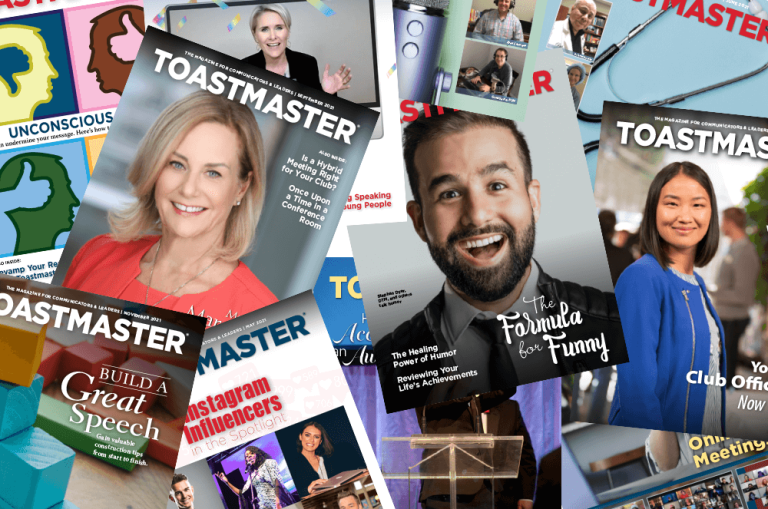The Social Animal by David Brooks – A Comprehensive Book Summary
The Social Animal by David Brooks explores the hidden forces that shape human behavior, focusing on the power of the unconscious mind. Through engaging storytelling and scientific research, Brooks reveals how our emotions, social connections, and unseen mental processes influence our decisions, relationships, and success.
Who May Benefit from the Book
- Psychology students – Gain insights into human behavior and subconscious influences.
- Self-improvement seekers – Learn how emotions and social bonds shape success.
- Business professionals – Understand decision-making biases and social dynamics.
- Parents and educators – Discover how early experiences shape personality.
- Anyone curious about human nature – Explore why we act the way we do.
Top 3 Key Insights
- The unconscious mind drives most decisions – We believe we act rationally, but emotions and instincts often guide us.
- Social connections shape identity – Our relationships deeply influence who we become.
- Self-control predicts success better than IQ – Delayed gratification in childhood links to long-term achievement.
4 More Lessons and Takeaways
- Attraction is influenced by familiarity – We often choose partners who resemble us in looks and background.
- Context shapes decisions – Small environmental cues can alter behavior dramatically.
- Moral choices rely on intuition – Gut feelings, not just logic, guide ethical decisions.
- Emotions are essential for rationality – People who lose emotional capacity struggle with basic choices.
The Book in 1 Sentence
Our unconscious mind, emotions, and social bonds shape success and behavior far more than rational thought alone.
The Book Summary in 1 Minute
David Brooks argues that human behavior is largely driven by subconscious forces, not just logic. Our choices in love, morality, and success are influenced by hidden instincts, social conditioning, and emotions. Studies show that self-control, sensitivity, and social skills matter more than raw intelligence. The book reveals why we act the way we do—often without realizing it.
The Book Summary in 10 Minutes
The Hidden Forces Behind Our Choices
We like to think we make rational decisions, but subconscious cues often guide us. Supermarkets use sounds and smells to influence shoppers. Judges grant more paroles after meals. These patterns show how external factors shape behavior.
How We Choose Partners
Romantic attraction isn’t random. Studies find people often pick partners who:
- Look like them (similar facial features).
- Live nearby (proximity matters).
- Share social and economic backgrounds.
Universal preferences also exist—men often favor a 0.7 hip-to-waist ratio, while women prefer tall, strong men.
Context Changes Decisions
Small cues alter behavior:
- People walked slower after hearing words like “bingo” (associated with old age).
- Wine seems cheaper when placed next to expensive bottles.
- Framing affects choices (an 85% success rate sounds better than 15% failure).
Emotions Override Logic
Even judges make harsher rulings when hungry. Weather affects mood—people report higher life satisfaction on sunny days. Emotions, not just reason, drive judgments.
Moral Decisions: Intuition vs. Reason
Two theories explain morality:
- Moral rationalism – Decisions come from logical principles.
- Moral intuitionism – Gut feelings guide right and wrong.
Studies show instant moral reactions (within milliseconds), proving intuition plays a bigger role.
Why Emotions Are Essential
People with damaged emotional brains struggle with decisions. Emotions help assess risks and rewards. Without them, even simple choices become overwhelming.
Humans Are Wired for Connection
From birth, relationships shape us. Mirror neurons help us mimic others, creating empathy. Social conformity is strong—70% of people in experiments agreed with obviously wrong group answers.
The Power of the Unconscious Mind
The unconscious processes 11 million bits of info per second (vs. 40 for the conscious mind). It handles complex tasks like driving, letting us act without overthinking.
IQ Isn’t Everything
High intelligence helps but doesn’t guarantee success. Studies show:
- IQ explains only 4% of job performance differences.
- Beyond 120 IQ, extra points don’t boost success.
- Traits like self-control matter more long-term.
Self-Control Predicts Success
The “marshmallow test” showed kids who resisted temptation had better life outcomes. Teaching self-regulation improves future achievement.
About the Author
David Brooks is a New York Times columnist and political commentator. Known for blending psychology, sociology, and politics, he writes on human behavior and culture. His works include The Road to Character and Bobos in Paradise.
How to Get the Best of the Book
Reflect on how subconscious factors shape your choices. Apply insights on self-control and social awareness to improve decisions and relationships.
Conclusion
The Social Animal reveals that success and behavior stem from hidden instincts, emotions, and social bonds—not just logic. Understanding these forces helps us navigate life more wisely.
